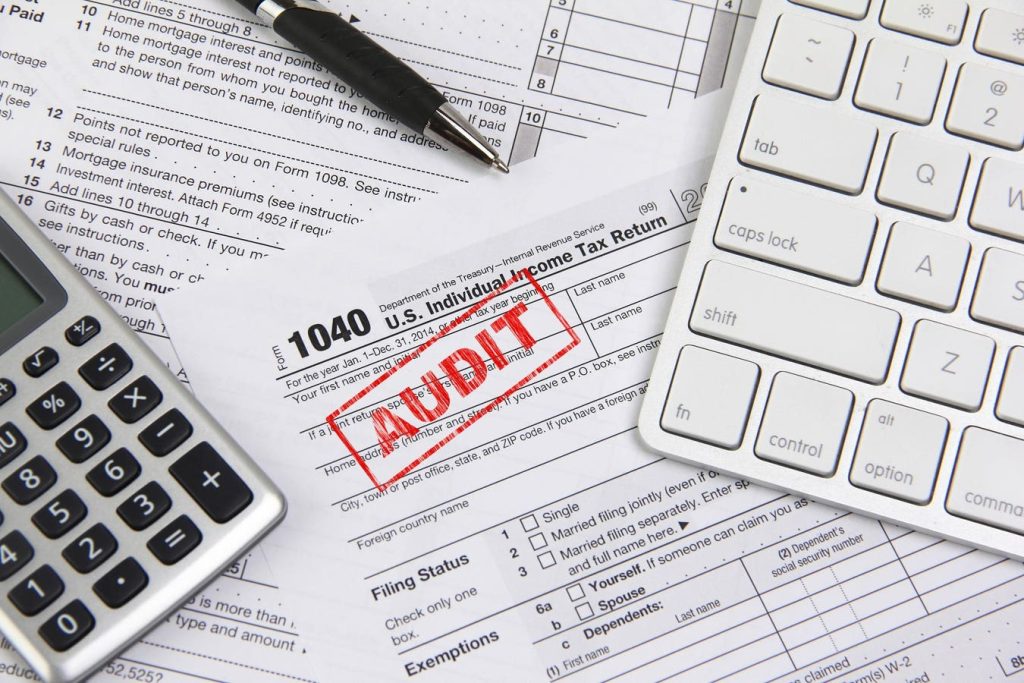The Cohan Rule, established in the 1930 case of Cohan v. Commissioner, allows taxpayers to claim deductions even if they do not have receipts to substantiate their expenses. Despite being almost a century old, this rule is still widely popular among taxpayers who may have difficulty keeping track of their receipts. The case involved George M. Cohan, a Broadway pioneer whose large travel and entertainment expenses were disallowed by the IRS due to a lack of receipts. Cohan took the IRS to court, testifying that he paid in cash and presenting other witnesses who corroborated his expenses.
In a recent case involving David Villa, a contractor with poor record-keeping habits, the Tax Court applied the Cohan rule when he could not substantiate his expenses. While the court was critical of Villa’s lack of documentation, it allowed him to estimate his cost of goods sold based on the available evidence. The court emphasized that taxpayers must clearly demonstrate incurring deductible expenses even if the exact amount cannot be substantiated. The Cohan rule, originally intended for deductible business expenses, has been adapted by the Tax Court to estimate other expenses like cost of goods sold.
Exceptions exist where even the Cohan rule cannot help taxpayers, particularly for expenses subject to stricter substantiation requirements. Transportation, lodging, meals, and entertainment expenses are examples of such costs that have tougher rules, and the IRS may refuse to apply the Cohan rule for these items. Taxpayers must ensure they meet the substantiation requirements for all their expenses to avoid potential issues with the IRS. While the Cohan rule can be a useful tool in certain situations, it is always better to have proper documentation such as checks, receipts, and invoices to support deductions.
In another recent case, Alvarado v. Commissioner, the Tax Court dealt with a used car dealer with poor record-keeping practices. The IRS had assumed that many of the used cars sold had zero inventory cost due to the lack of evidence from Mr. Alvarado. However, the Tax Court found this assumption to be implausible and allowed an increase in Alvarado’s cost of goods sold based on testimony and available evidence. While the Cohan rule can be useful in situations where receipts are unavailable, taxpayers are advised to maintain proper documentation to avoid disputes with the IRS.
Overall, while the Cohan rule can provide relief to taxpayers in certain situations, it is not a recommended planning technique. Taxpayers should prioritize maintaining thorough documentation of their expenses to avoid disputes with the IRS and potential court battles. While the rule may help in estimating expenses without receipts, the best practice is to save and organize receipts to substantiate deductions without needing to rely on the Cohan rule. Fighting with the IRS in court can be a risky and time-consuming process, making proper record-keeping essential for all taxpayers.


